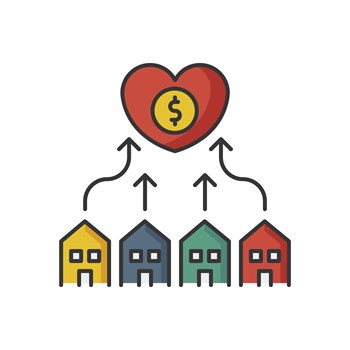
Way back in 1966, New York State established the Housing Development Finance Corporation (HDFC) as part of its efforts to provide affordable housing to residents of the state. The program has been very successful, providing over 100,000 affordable residences, many of them here in New York City. In recent years however, an increasing number of HDFC properties, particularly co-ops, are choosing to leave the program and become market rate buildings. What happens when that happens?
HDFC co-ops are governed by what is known as a regulatory agreement. The agreement is essentially a loan security agreement (much like a mortgage) that expires when the debt attached to it is paid in full. “Once a building in the HDFC program has repaid its debt, it is released from its obligations under the agreement, like any other borrower,” says Hal Coopersmith, a principal of the NYC-based law firm Coopersmith & Coopersmith. “However, an HDFC may continue to have other obligations unique to HDFCs under its certificate of incorporation or other regulatory schema.”
Regulatory Agreements
Coopersmith explains that an HDFC is incorporated under the New York State Business Corporation Law and Article XI of the New York State Private Housing Finance Law. The NYC Department of Housing Preservation and Development (HPD) finances the development of the cooperative apartment building that’s owned by the HDFC, subject to a regulatory agreement between the HPD and the HDFC, which includes certain restrictions on income, resale, and subletting. Like most security agreements, the term of the HPD regulatory agreement is typically 30 years. During that 30-year period, the HDFC must comply with all terms of the regulatory agreement and applicable provisions of the Private Housing Finance Law.
Upon the expiration of the term of the regulatory agreement, many such obligations also expire. Coopersmith elaborates: “For example, the HDFC will remain responsible for any obligations of its certificate of incorporation during the lifetime of said HDFC - such as its obligations to provide affordable housing, for example - as well as any general laws regulating cooperative corporations, but will no longer be required to share any profits and revenues with the HPD that may have been required under the regulatory agreement.”
In many ways, HDFCs function like any other cooperative corporation. They have a board of directors elected by the shareholders; they are governed by corporate bylaws, and each shareholder receives a stock certificate and proprietary lease evidencing their ownership in the corporation. Both before and after any regulatory agreement, an HDFC is likely to have a board application process, as well as transfer taxes - often called flip taxes - imposed on sellers similar to other cooperative corporations.
“However,” says Coopersmith, “an HDFC may be subject to other laws that impose both restrictions and benefits on the corporation and its shareholders. For example, Section 11-2106 of the New York City Tax Code exempts shares of a cooperative corporation which is subject to an HPD regulatory agreement from the payment of New York City transfer taxes. However, once the agreement expires, so does the exemption, and shareholders will become liable for the payment of transfer taxes upon the sale of their apartments.
Potential Changes to Note
One of the main changes to previous conventions can and will affect the sale of unsold shares in particular. “When an apartment building is converted from a rental building to a cooperative corporation under an HPD development plan,” notes Coopersmith, “there may be unsold shares at the time of the closing.”
Unsold shares typically refer to any shares allocated either to apartments occupied by rental tenants who opted not to purchase under the offering plan, or to apartments that are unoccupied at the time the offering plan is declared effective. “The issuance of unsold shares by the HDFC at a later date is generally governed by the bylaws and proprietary lease,” says Coopersmith.
During the term of any applicable regulatory agreement, the corporation may be subject to additional resale restrictions. Tenants who occupy the apartments, regardless of any regulatory agreement, may also be entitled to certain rights under the offering plan, rent stabilization laws, and other landlord/tenant and affordable housing regulations. After the termination, those rights may very well change or disappear, changing the picture dramatically for those seeking to sell their apartments under free market conditions.



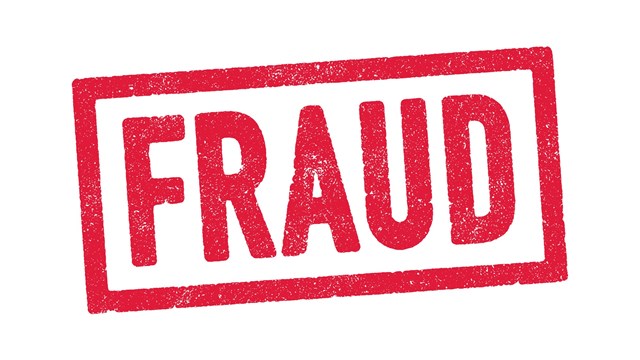
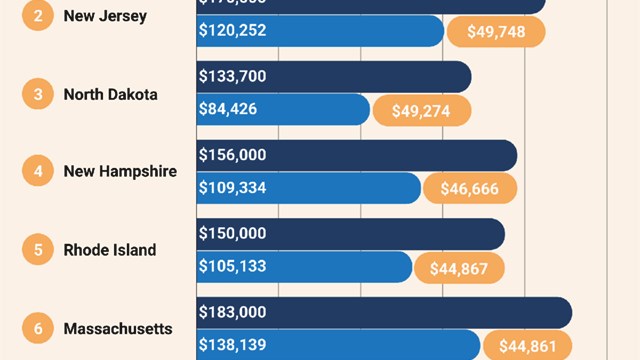

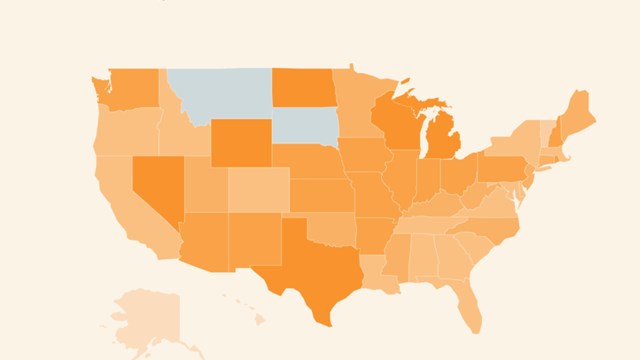
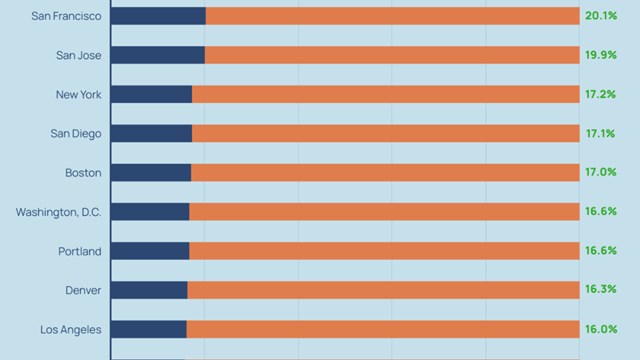

3 Comments
Leave a Comment